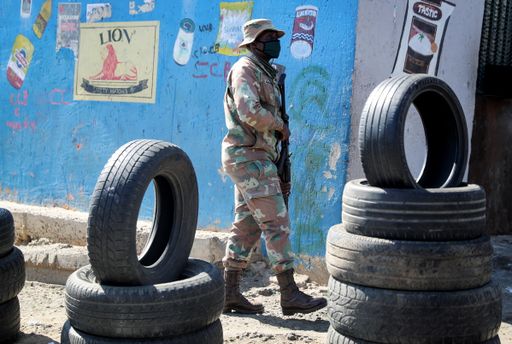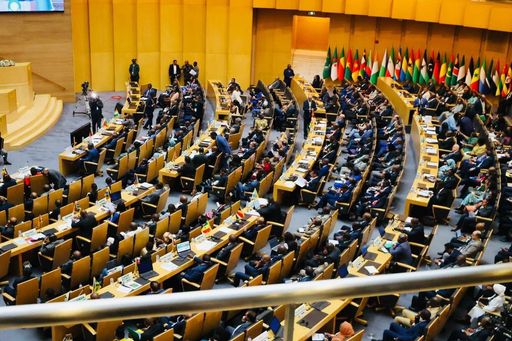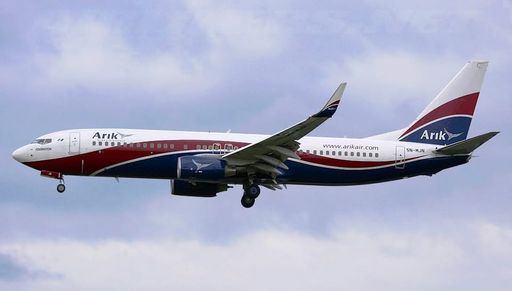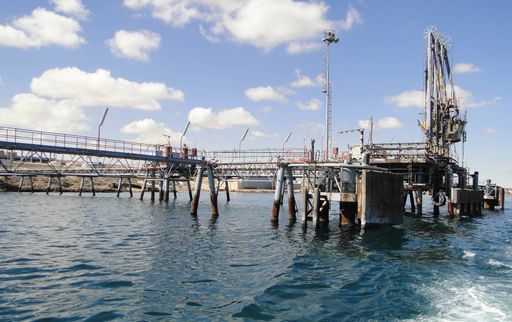Sport
The move by Côte d'Ivoire comes as French influence in West Africa declines rapidly.
Street names in Côte d'Ivoire's economic capital have taken on a decidedly more local flavour over the past few weeks, as African names have replaced French ones.
The road linking the airport to Abidjan's city centre, for example, is no longer named after former French President Valerie Giscard d'Estaing but for the man who led Côte d'Ivoire following its independence from France in 1960, Felix Houphouet-Boigny.
The old names "weren't necessarily used by our people", Alphonse N'Guessan, the urban planning official in charge of the project, told AFP news agency.
A name "must reflect our history, our culture", he said.
France once had a sizeable colonial presence in Africa and several of its former colonies in west Africa have sought to distance themselves from Paris. Niger and Mali had also changed their street names to get rid of French colonial legacy.
But while countries like Niger, Burkina Faso and Mali have turned their backs on ties with France following military takeovers, Côte d'Ivoire, which was under French rule from 1893 to 1960, remains a regional ally of its former ruler.
Long-term goal
It simply "decided to modernise its system" for street names, N'Guessan said.
The operation, costing $17 million, is aimed at bringing "our traffic and location systems up to international standards", he said.
While the process of renaming streets in Abidjan began in 2021, it is only since March that signs with the new names have actually gone up in the city.
Some 15 other towns and cities in the country will also have street names changed, with the nationwide process expected to be completed by 2030.
The new names acknowledge Ivorian politicians, scientists, artists, athletes or concepts and are chosen in consultation with civil society groups or local traditional chiefs, N'Guessan said.
So Abidjan's Marseille Boulevard, named after the southern French port city, is now Philippe Yace Boulevard, in a salute to the parliament's first speaker.
Names of revolutionaries
And Boulevard de France is now named after the country's first First Lady, Marie-Therese Houphouet-Boigny.
"It is important for Africans to identify with the city's development," especially with a "population that is becoming increasingly young", said Wayiribe Ismail Ouattara, an urban planner.
A young person walking past a street named after a colonial governor "will not have the same feeling as for someone who lived through colonisation", he said.
Some 75 percent of Côte d'Ivoire's population is under 35. The move has been widely embraced by Abidjan residents.
"The names of the streets in Côte d'Ivoire should belong to Ivorian revolutionaries, Ivorian politicians" so that "in the future, we can explain to our children who is who", said Franck Herve Mansou, a 31-year-old company technician.
Jean Bruce Gneple, a salesman, agreed. "President Felix Houphouet-Boigny was and will remain in the memory of all Ivorians as the first man of Côte d'Ivoire, so this is a tribute to him, and we are also proud of it," he said.
Comments
No comments Yet




















Comment